Disclosure: This article contains affiliate links. We may earn a commission from purchases at no extra cost to you, which helps our travel content.
Vienna presents a fascinating duality after sunset that few European capitals can match. By day, the city exudes imperial grandeur with its Habsburg palaces and coffee house culture, but as darkness falls, it transforms into two parallel nocturnal universes. On one side lies the Vienna of Strauss and Mozart, where centuries-old concert halls resonate with classical compositions beneath crystal chandeliers. On the other, a thriving underground electronic scene pulses beneath the city's polished surface, where abandoned subway stations and repurposed industrial spaces host some of Europe's most innovative DJs. Having explored nightlife across three continents, I'm continually fascinated by how Vienna maintains this perfect equilibrium between tradition and innovation—a cultural engineering feat that mirrors my own interests in how societies adapt historical spaces for contemporary use. Join me for a weekend journey through Vienna's multifaceted after-dark personality, where we'll navigate from velvet-seated opera houses to concrete-walled techno havens in a single night.
The Golden Halls: Vienna's Classical Evening Scene
The Viennese approach to classical music isn't merely preservationist—it's a living, breathing cultural ecosystem that continues to evolve while honoring its storied past. My first evening in Vienna began at the Musikverein, home to the Vienna Philharmonic and arguably the world's most acoustically perfect concert hall. The Golden Hall's resonance is a marvel of accidental acoustic engineering—its rectangular shape, height-to-width ratio, and materials creating what scientists now understand as ideal sound reflection patterns.
What struck me most wasn't just the technical perfection of the performance but the accessibility. Despite the venue's opulence—all gold leaf and caryatids—standing room tickets (Stehplätze) cost just €10. These aren't relegated to some distant corner either; you're often positioned with excellent sightlines to both orchestra and conductor.
For a more intimate classical experience, I ventured to the Mozarthaus for a chamber music concert. Mozart's former residence hosts small ensemble performances in rooms where the composer himself once worked. The proximity to the musicians creates an almost tangible connection to Vienna's musical heritage—you can practically feel the vibrations of string instruments resonating through the same walls that once contained Mozart's creative process.
Before attending any classical performance, I recommend downloading the Vienna Classical Music Guide, which provides historical context for each venue and helps decode the often complex program notes.
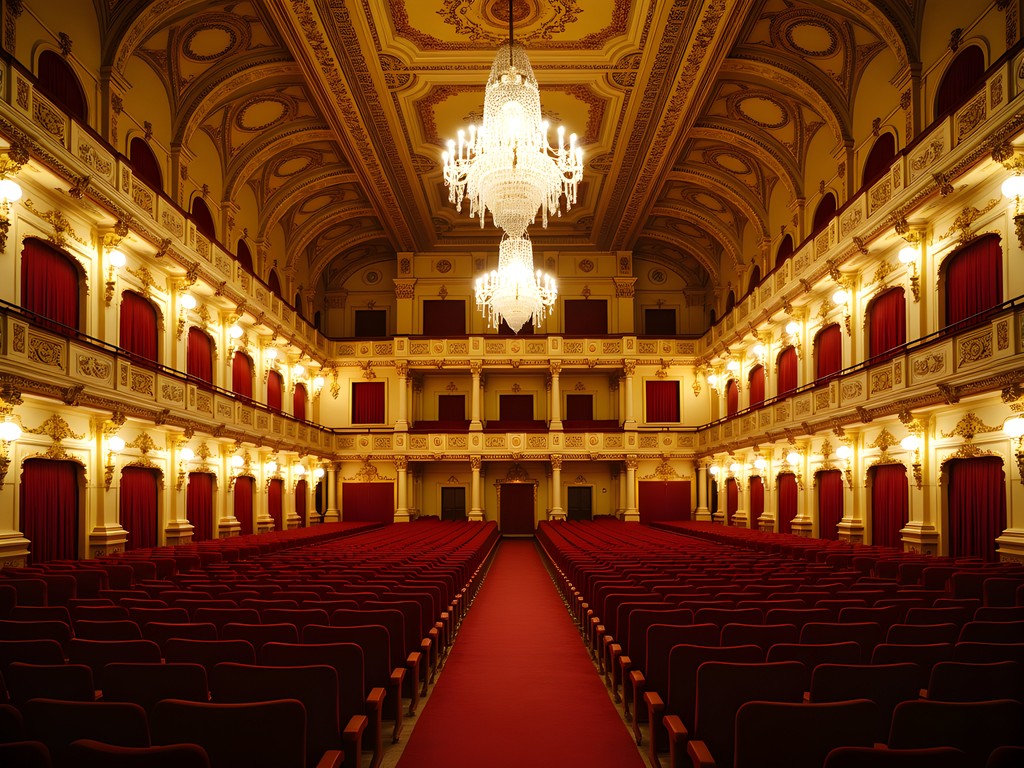
💡 Pro Tips
- Purchase standing room tickets 90 minutes before performances for significant savings
- Dress smartly but not necessarily formally—business casual is perfectly acceptable
- Visit the Haus der Musik interactive sound museum before a concert for a deeper appreciation of Vienna's musical history
Opera for Everyone: Democratizing High Culture
The Vienna State Opera (Wiener Staatsoper) represents both the pinnacle of operatic tradition and a fascinating experiment in cultural accessibility. During my visit in February, I discovered the institution's ingenious solution to opera's perceived exclusivity: video screens mounted outside the opera house broadcasting the evening's performance in real-time—completely free of charge. Even in winter, locals and tourists gather with thermoses of hot tea (or something stronger) to watch world-class productions.
For those willing to invest a bit more effort, the opera's standing room system is a marvel of democratic access. For just €3-4, you can secure a spot with excellent acoustics. The process requires some patience—I arrived 90 minutes before the performance to queue for tickets—but the reward is experiencing productions featuring €500-seat voices for the price of a coffee.
The opera house itself is a testament to adaptive reuse. After suffering significant damage during WWII bombing raids, its reconstruction incorporated modern technical facilities while preserving its neo-Renaissance character. As a materials engineer, I was particularly fascinated by how the building's renovation balanced historical authenticity with contemporary functionality—a theme that runs through much of Vienna's approach to its cultural spaces.
To fully appreciate the performance, I recommend investing in a portable opera glasses to catch the subtle expressions and details that make live opera so compelling. Even from standing room positions, these compact binoculars transform the experience.
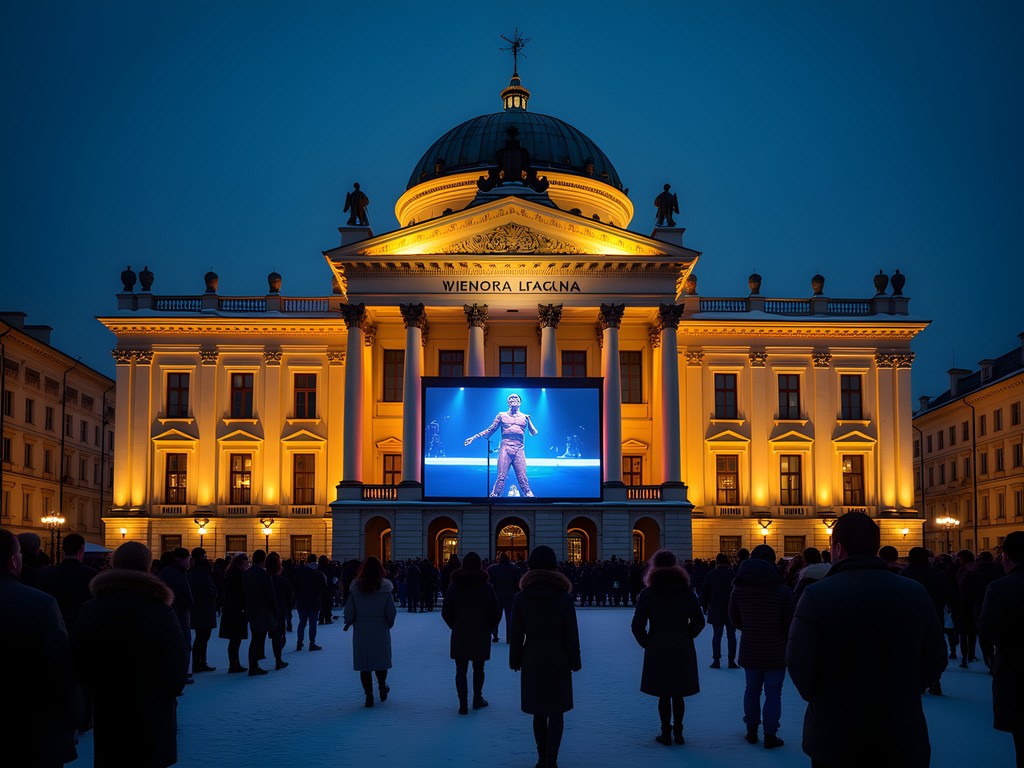
💡 Pro Tips
- Arrive 90 minutes early for standing room tickets and bring a scarf to mark your spot on the railing
- Download the libretto in advance on your phone for English translations
- Consider weekday performances for smaller crowds and often identical casts
The Transition Hours: Vienna's Distinctive Bar Scene
Vienna's transitional drinking establishments—those bridging the gap between early evening classical performances and late-night electronic venues—represent some of the city's most innovative social spaces. Loos American Bar, designed by modernist architect Adolf Loos in 1908, exemplifies Vienna's early embrace of forward-thinking design. Despite measuring only 27 square meters, the bar's mirrored ceiling creates an illusion of expansiveness—a clever architectural solution that maximizes perceived space while maintaining intimacy.
For something completely different, I visited Das Loft at the Sofitel, where the ceiling functions as an immersive light installation changing colors throughout the evening. The panoramic views of Vienna's skyline offered a perfect visual transition between the historical city I'd explored during daylight and the contemporary nightlife I was about to experience.
The most fascinating transitional space I discovered was Tachles, a former Jewish cultural center turned cocktail bar in the Second District. The preservation of historical elements alongside contemporary design choices creates a space that feels simultaneously respectful of its past and oriented toward the future—a microcosm of Vienna's broader cultural approach.
I found the Vienna Nightlife Card particularly valuable during this phase of the evening, as it covered transportation and offered discounts at several key venues, allowing for spontaneous movement between different nightlife zones without transportation concerns.
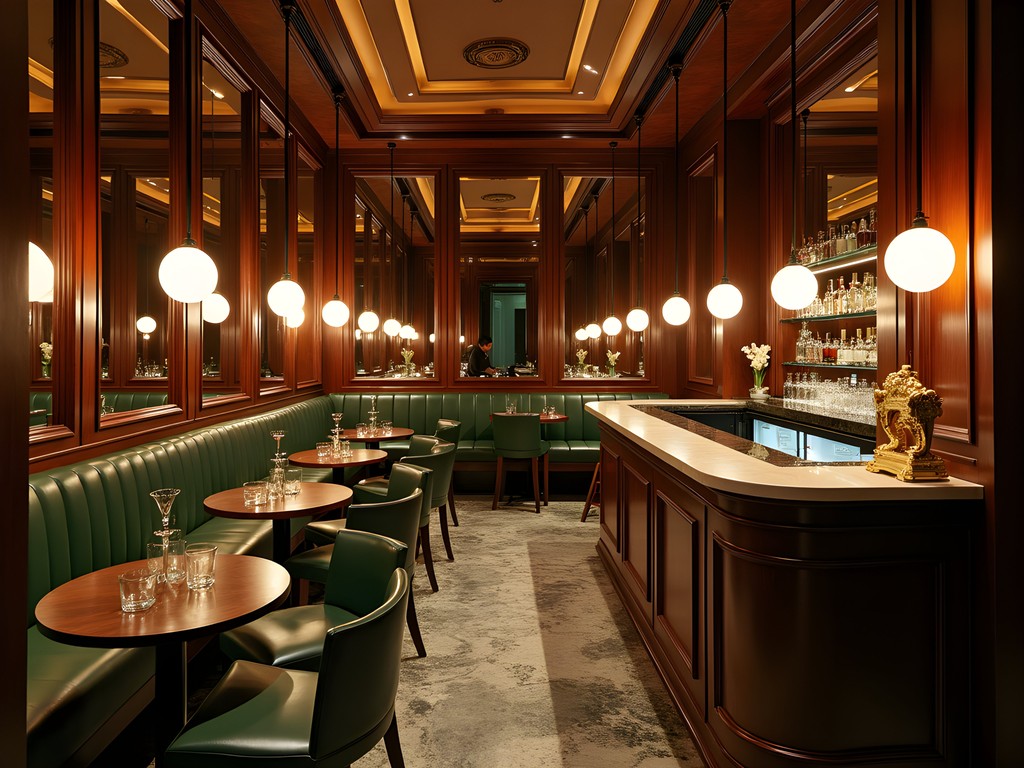
💡 Pro Tips
- Reserve in advance for Loos Bar as its tiny dimensions mean capacity is extremely limited
- Visit Das Loft for sunset drinks to experience both daylight and nighttime views
- Explore the Jewish Quarter's emerging bar scene for less touristy drinking establishments
Underground Vienna: Electronic Music in Repurposed Spaces
Vienna's electronic music scene represents a masterclass in adaptive reuse—converting industrial infrastructure and forgotten urban spaces into vibrant cultural venues. The most compelling example is Grelle Forelle, housed in a concrete structure beneath the Danube Canal. What fascinates me as an engineer is how the venue's original industrial features—exposed ventilation systems and raw concrete surfaces—have been preserved and repurposed for their acoustic properties. The dense concrete walls create ideal sound insulation while the high ceilings allow for proper sound dispersion, creating an environment where minimal techno thrives without disturbing the surrounding neighborhood.
Fluc, another standout venue, occupies a former pedestrian tunnel at Praterstern. The repurposing of this transit infrastructure creates a unique listening environment where sound waves interact with curved tunnel surfaces—an accidental but effective acoustic design. During my visit, a Berlin-based DJ was performing a set that seemed specifically composed to interact with the space's unique sonic characteristics.
Perhaps the most impressive transformation is Reaktor, housed in a former power plant. The industrial-scale spaces allow for multiple simultaneous events across various genres. The main hall's towering ceiling height creates a cathedral-like acoustic environment that particularly suits ambient and experimental electronic music, while smaller side rooms with lower ceilings and denser materials better contain bass-heavy techno.
To fully enjoy these venues, quality earplugs are essential—I never travel without my high-fidelity earplugs which reduce volume while preserving sound quality, allowing me to appreciate the music without risking hearing damage during lengthy sets.
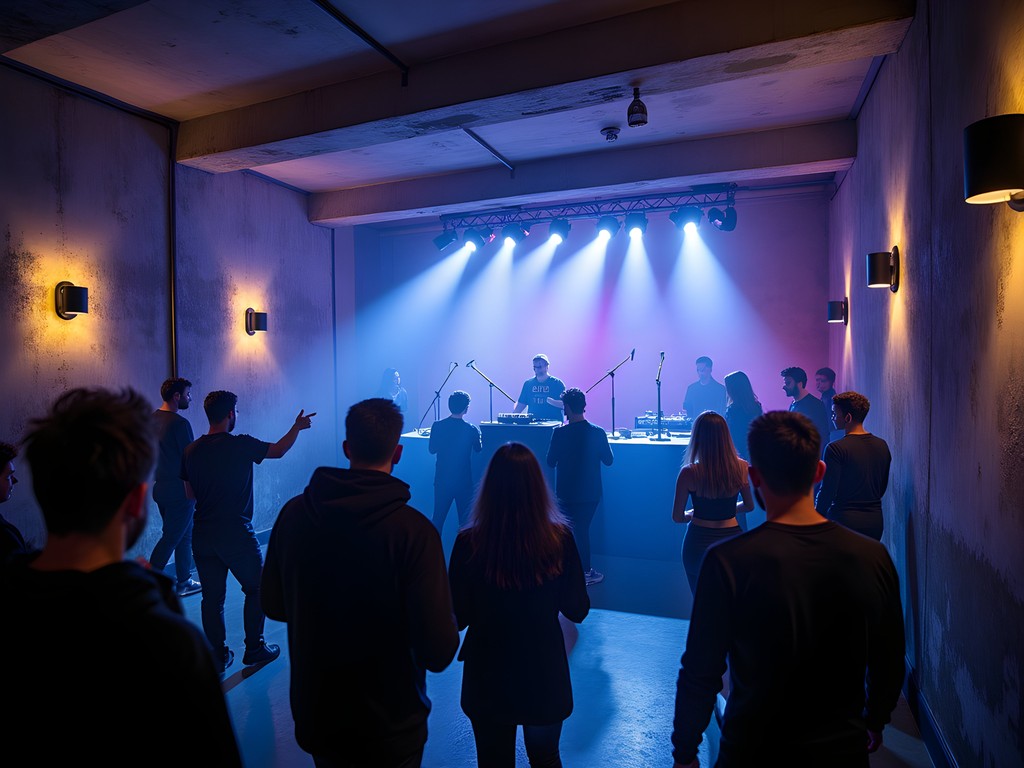
💡 Pro Tips
- Arrive after midnight for peak atmosphere at most electronic venues
- Purchase tickets online in advance for popular international DJs
- Use Vienna's excellent night bus system (Nightline) for safe transportation between venues
Sustainability in Vienna's Nightlife: The Green Club Movement
What particularly impressed me about Vienna's nightlife ecosystem is its growing commitment to sustainability—an area where my engineering background gives me particular appreciation for the technical challenges involved. Several key venues have pioneered energy-efficient approaches that are being adopted globally.
Rhiz, a club focused on experimental electronic music, has implemented an innovative heat recovery system that captures thermal energy generated by dancing crowds and sound equipment to supplement the venue's heating. The system functions through a network of heat exchangers installed beneath the dance floor and near equipment racks—a brilliant application of thermodynamic principles to nightlife infrastructure.
At Pratersauna, a former bathhouse converted into a multi-room club, water conservation has been prioritized through a closed-loop system that recycles greywater for toilet facilities. What appears to be a simple nightclub bathroom actually incorporates sophisticated filtration technology more commonly found in industrial applications.
Most impressive is WUK (Werkstätten- und Kulturhaus), a cultural center housing multiple performance spaces within a former locomotive factory. The renovation preserved the building's industrial character while incorporating passive cooling systems that leverage the structure's thermal mass—thick brick walls absorb heat during crowded events and release it slowly, reducing the need for energy-intensive climate control.
Many venues have also adopted the reusable cup system that has revolutionized waste reduction at Austrian events. These silicone cups collapse for easy transport—I've started carrying one in my daypack for everything from morning coffee to late-night club drinks.
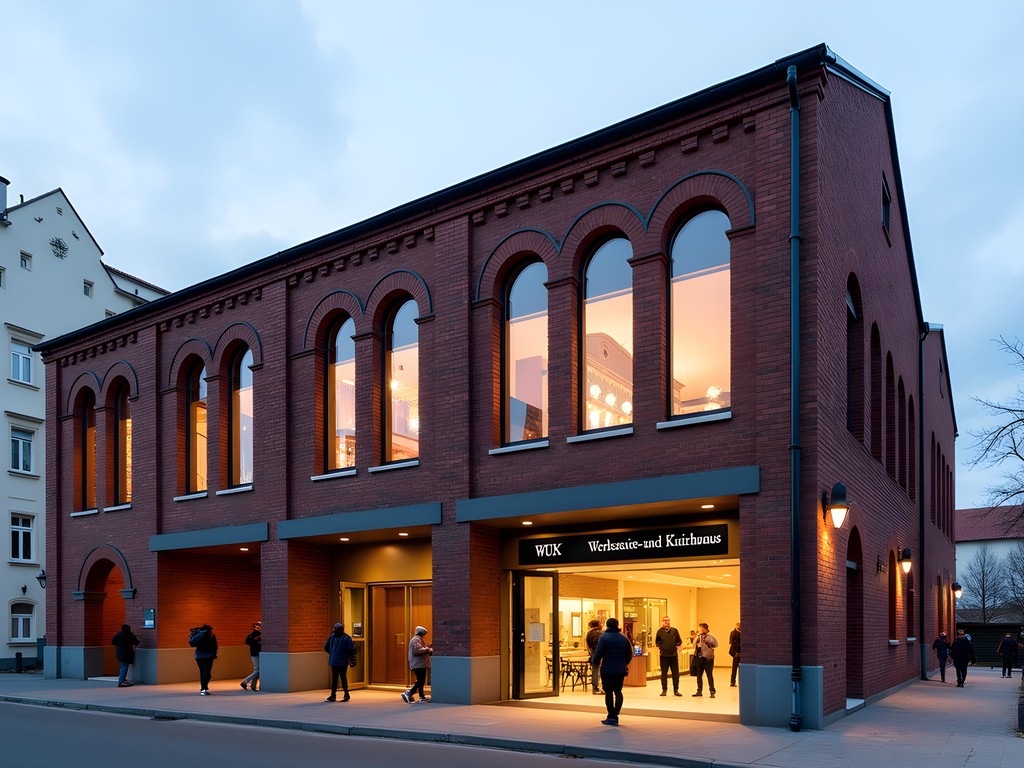
💡 Pro Tips
- Look for the Green Club certification mark at venues committed to sustainable practices
- Support clubs using the cup deposit system (Pfand) rather than disposable drinkware
- Consider venues accessible by public transportation to reduce your carbon footprint
Final Thoughts
Vienna's nightlife represents a masterful integration of historical preservation and contemporary innovation—a balance that resonates deeply with my own interests in cultural adaptation. The city demonstrates how traditions can be maintained without becoming stagnant, and how urban spaces can evolve while respecting their historical foundations. As an engineer, I'm particularly impressed by Vienna's adaptive reuse of infrastructure—transforming power plants into dance floors and pedestrian tunnels into music venues represents creative problem-solving at its finest. Whether you're drawn to the mathematical precision of a Mozart sonata or the algorithmic patterns of minimal techno, Vienna offers nocturnal experiences that engage both intellect and emotion. The city's dual personality isn't a contradiction but a continuum—a reminder that cultural evolution works best when it builds upon rather than replaces what came before. I invite you to experience this remarkable synthesis for yourself, and to discover which version of Vienna after dark speaks to your own sensibilities.
✨ Key Takeaways
- Vienna offers both world-class classical performances and cutting-edge electronic music scenes
- Many high-culture experiences are surprisingly affordable through standing room tickets
- The city excels at adaptive reuse, transforming historical and industrial spaces into cultural venues
- Vienna's nightlife infrastructure increasingly incorporates sustainable design principles
📋 Practical Information
Best Time to Visit
Winter (December-February) for optimal classical concert season
Budget Estimate
€250-400 for a weekend including performances and club entries
Recommended Duration
3-4 nights minimum to experience both classical and electronic scenes
Difficulty Level
Beginner
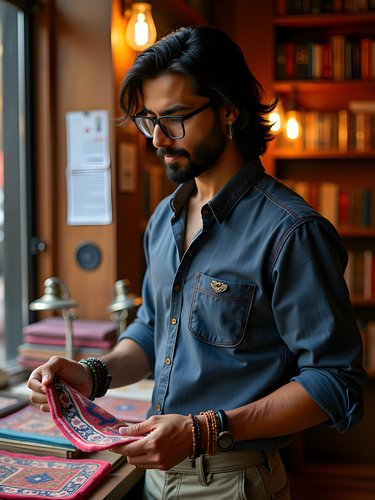
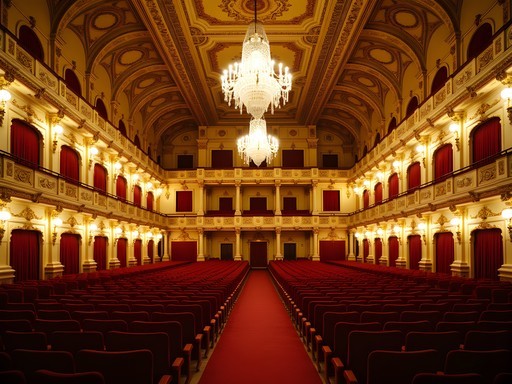
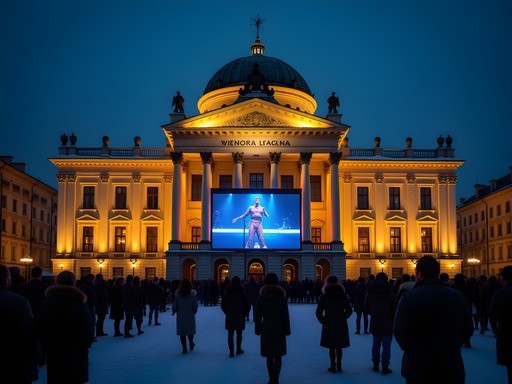
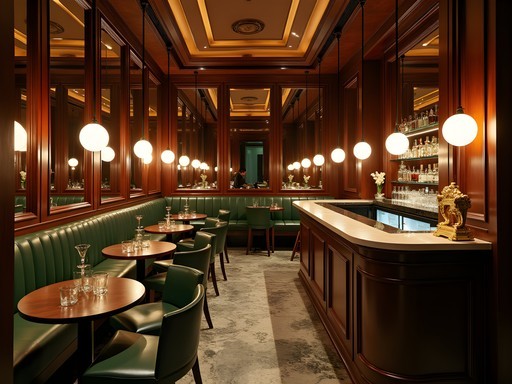
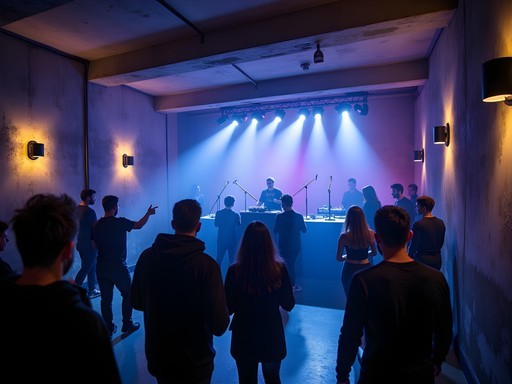
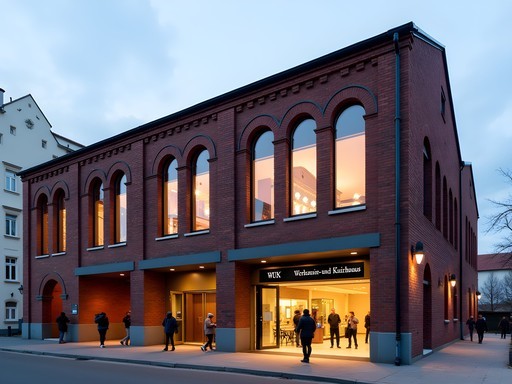


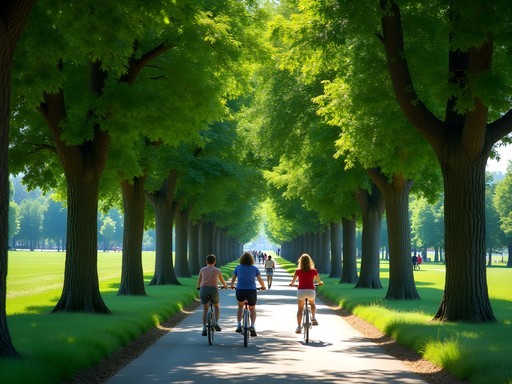
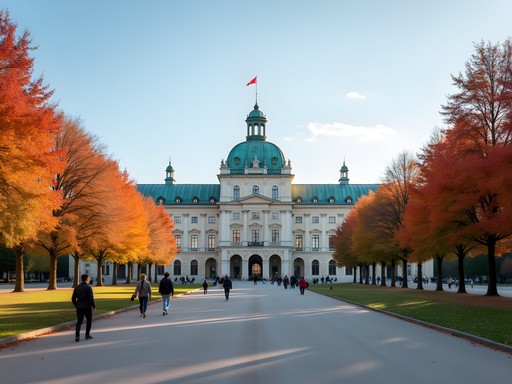
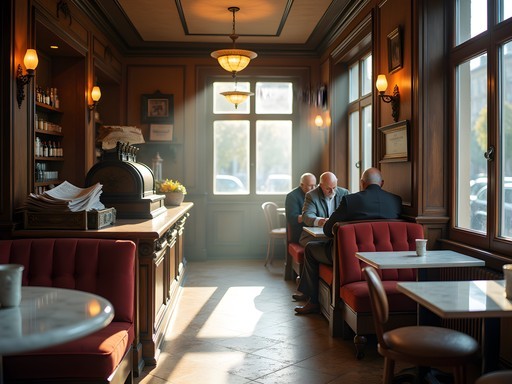
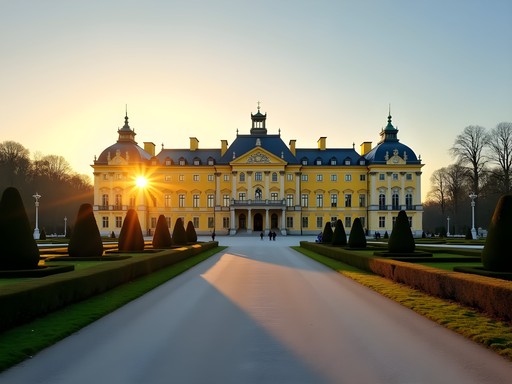

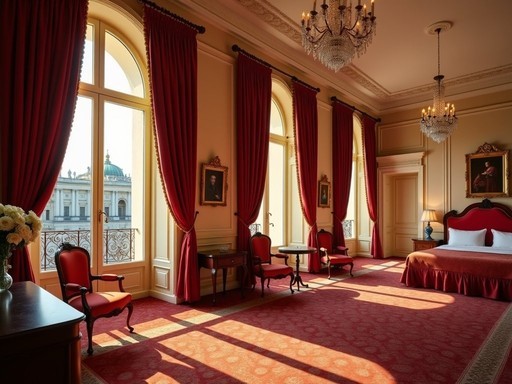

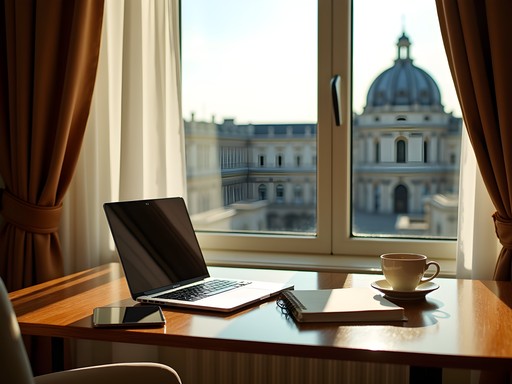
Comments
Marco Flores
The repurposed spaces angle is what makes Vienna's electronic scene special. I've been to clubs across Europe and Vienna does something unique with its industrial heritage. Flex under the U-Bahn tracks is a perfect example - you can literally feel the trains overhead while you're dancing. It's gritty but somehow still has that Viennese attention to detail. One thing I'd add to this article: don't sleep on the smaller venues in the 7th district. Places like Rhiz have incredible lineups but stay under the radar. The crowd is more local and the music is often more experimental.
journeywalker
This sounds amazing! Quick question - are the standing room opera tickets really that cheap? And do you need to book ahead or can you just show up?
Ronald Jackson
Yes! Standing room at the Staatsoper is usually €10-15. They go on sale 80 minutes before the performance. I'd recommend getting there about 90 minutes early for popular shows. Totally worth it!
journeywalker
awesome thanks!!
citymate
Great photos! Really captures the vibe
wildmood
anyone know if the clubs have strict door policies?
Sage Dixon
Ronald, this resonates so much with my own Vienna experience! I went there expecting just the classical side and was blown away by the electronic scene. There's something about dancing in a repurposed industrial space at 3am after spending the evening in a gilded concert hall that just works. The city doesn't treat these as opposing identities - they coexist naturally. I found the locals move fluidly between both worlds, which says a lot about Vienna's cultural confidence. Also, pro tip: the late-night tram rides between venues are half the experience. You'll see everyone from opera-goers to club kids all heading to their next destination.
dreammaster
how expensive are the standing room opera tickets??
citymate
like 3-4 euros. crazy cheap
dreammaster
wait seriously?? thats amazing
springphotographer6335
which underground clubs would you recommend for techno? going in april
blueone
Grelle Forelle and Pratersauna are both solid. Pratersauna has an outdoor area which is amazing in spring.
blueone
I spent a week in Vienna last fall and this article nails it. The contrast between the classical venues and the electronic clubs is wild. We started at Musikverein for a concert then ended up at Grelle Forelle around midnight. Totally different crowds but both scenes were incredibly welcoming. The bar culture in between is underrated too - those wine taverns in the transition hours are perfect for regrouping before hitting the clubs.
greenone
do you need to dress fancy for the opera stuff or can you just show up in jeans?
Marco Flores
Standing room tickets are super casual! I went in jeans and a nice shirt last year. The seated sections are more formal though.
greenone
awesome thanks!
Casey Andersson
Ronald, you've captured Vienna's night scene brilliantly! I was there last winter and discovered this fascinating dichotomy myself. One evening I was sipping champagne during intermission at the Konzerthaus, and the next I was in a former industrial bakery turned techno club until 6am. What fascinated me most was how the two worlds occasionally blend - I stumbled upon a string quartet playing Vivaldi recomposed by Max Richter in a cocktail bar near Naschmarkt. For anyone visiting, I'd recommend splurging on at least one top-tier classical experience - the acoustics at the Golden Hall are worth every euro. And don't miss the cocktail scene! The speakeasy-style bars around the Seventh District make incredible drinks that rival anything I've had in New York or Tokyo.
Venture X
Premium card with 2X miles, $300 travel credit, Priority Pass